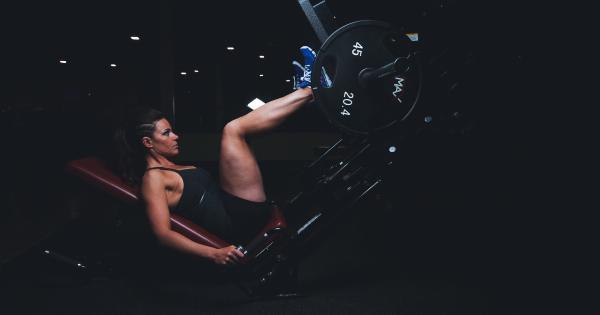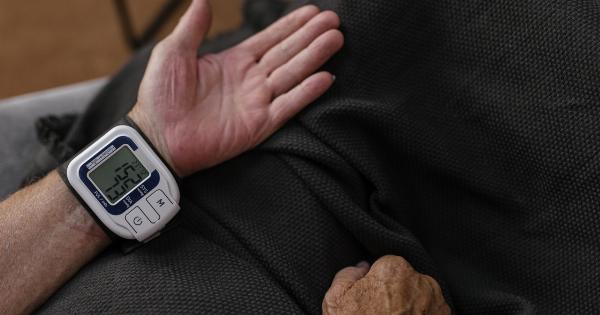Sweating is an essential process for regulating body temperature and maintaining overall health. However, some people may experience limited sweating or have trouble sweating, which can cause discomfort and even lead to heat-related illnesses.
In this article, we will discuss the common reasons for limited sweating and whether or not it is normal.
What is sweating and why is it important?
Sweating is the natural process of perspiration through the pores of the skin. The body produces sweat in response to heat, physical activity, and stress.
As sweat evaporates from the surface of the skin, it helps to regulate body temperature and prevent overheating.
Sweating is important for maintaining overall health and preventing illnesses such as heatstroke, heat exhaustion, and dehydration.
It also helps to remove toxins from the body and prevents skin infections by flushing out bacteria and other harmful substances.
Can some people not sweat?
While sweating is a natural and necessary process, some people may have limited sweating or no sweat at all. This condition is known as anhidrosis or hypohidrosis, and it can occur for a variety of reasons.
What are the common causes of limited sweating?
There are several reasons why a person may experience limited sweating or anhidrosis.
Some of the most common causes include:
- Genetics: Some people are born with a genetic predisposition to sweat less or not at all.
- Age: As we age, our body’s ability to produce sweat decreases, which can lead to limited sweating or anhidrosis.
- Medications: Certain medications, such as antihistamines, antidepressants, and blood pressure medications, can reduce sweating as a side effect.
- Nerve damage: Injury or damage to the nerves that control sweating can lead to limited sweating or anhidrosis.
- Skin conditions: Skin conditions such as psoriasis, eczema, and scleroderma can cause sweat glands to malfunction, leading to limited sweating.
What are the symptoms of limited sweating?
The symptoms of limited sweating or anhidrosis can vary depending on the underlying cause. Some common symptoms include:.
- Difficulty regulating body temperature
- Prickly or itchy skin
- Dry or cracked skin
- Dizziness or lightheadedness
- Nausea or vomiting
- Rapid heartbeat
- Heat exhaustion or heatstroke
What can you do if you have limited sweating?
If you experience limited sweating or anhidrosis, it is important to take steps to prevent heat-related illnesses and keep your body cool. Some tips include:.
- Avoiding direct sunlight and staying in shaded areas
- Dressing in lightweight, breathable clothing
- Drinking plenty of water and other hydrating fluids
- Taking frequent breaks and resting in cool areas
- Using fans, air conditioning, or other cooling devices
- Avoiding strenuous physical activity in hot and humid conditions
If you are experiencing symptoms of limited sweating or anhidrosis, it is important to see a doctor for a proper diagnosis and treatment.
Depending on the underlying cause, your doctor may recommend medications, lifestyle changes, or other treatments to help manage your condition.
Is limited sweating normal?
While limited sweating or anhidrosis is not considered normal, it is not necessarily a cause for concern.
If you experience limited sweating or symptoms of heat-related illnesses, it is important to take steps to prevent complications and seek medical attention if necessary.
Understanding the common causes of limited sweating can help you take preventative measures and manage your condition. If you have any concerns about your sweating or overall health, be sure to speak with your doctor for guidance and support.






























